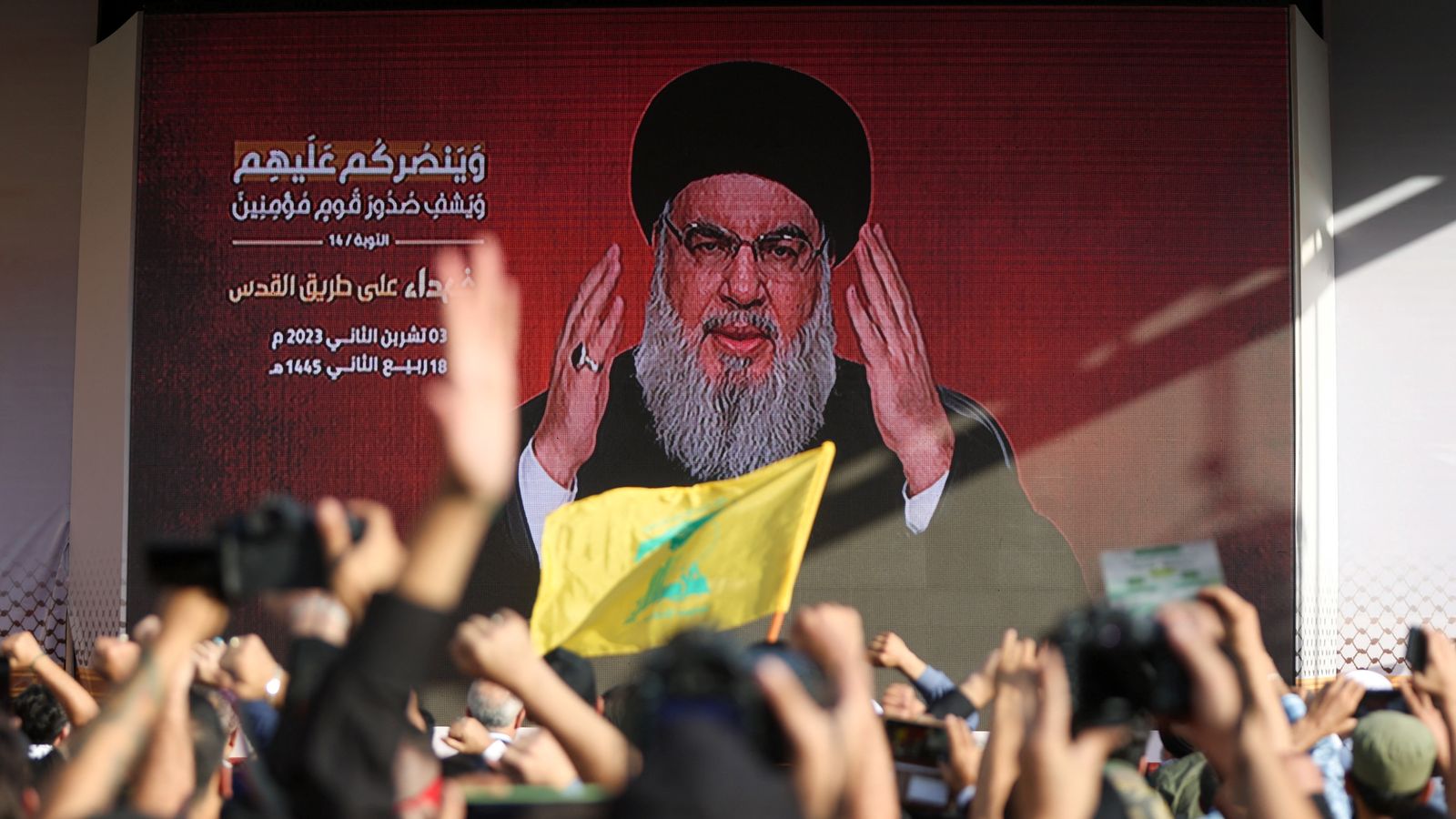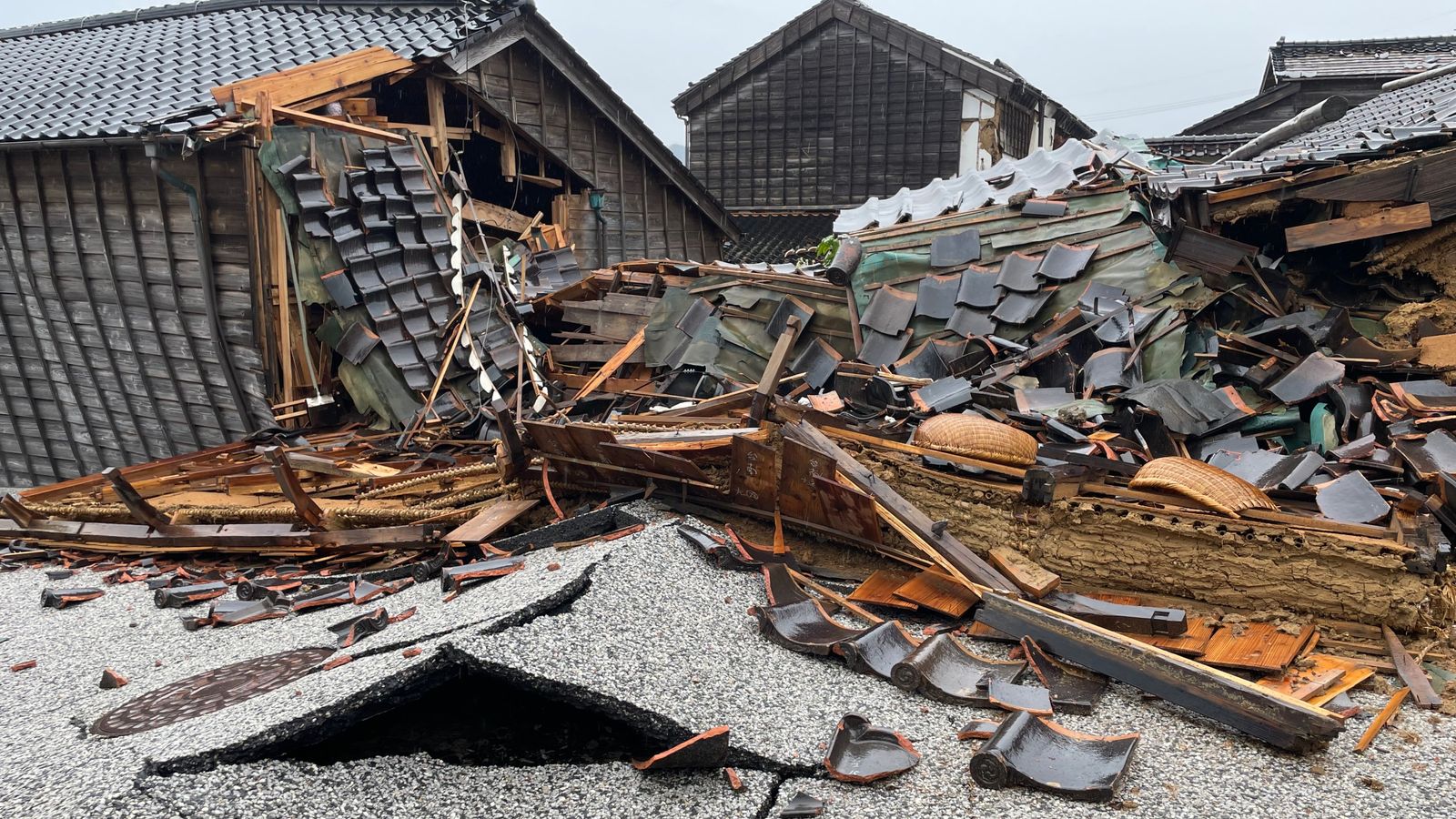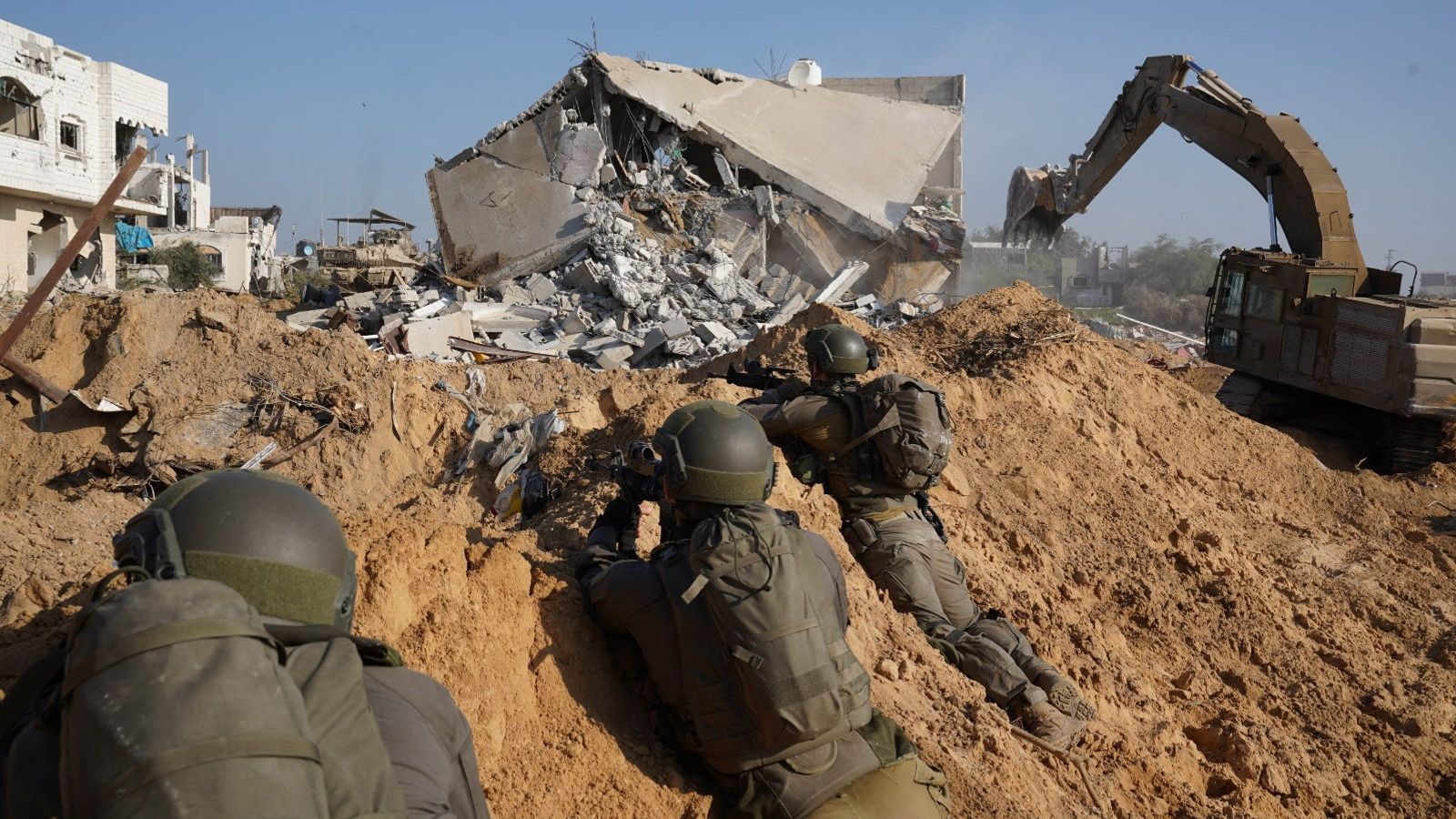Are Israel and Hezbollah heading for war?
An Israeli drone strike killing a Hamas operative in Hezbollah’s urban stronghold certainly gives that impression.
And we are hearing more and more from Israeli officials and their mouthpieces in the Western media suggesting a bigger war is increasingly likely.
The 7 October attacks changed the rules for Israel, we are being told. The decades-long policy of living with threats and managing them has ended in the worst massacre of Jews since World War II. Something has to give.
So, Israel must deal with its two closest enemies, Hamas to the south and Hezbollah to the north, or so goes the logic.
We heard that message from the early days of this war. Yoav Gallant, Israel’s minister for defence, reportedly advocated attacking both, but was said to be talked out of it by more moderate ministers and the Americans.
How much of all this is bluster, chutzpah and how much calculated tactics is not clear.
The Beirut airstrike achieved a number of objectives. It killed a sworn foe and sent a message to others, no one is safe. Israel is battling to restore the power of its deterrence and the fear of its enemies after the bloody debacle of 7 October.
It also sent a clear message to Hezbollah. For months the Shia militia organisation has been threatening Israel and attacking it over the border but never going all out. “You want to dance?” Israel is saying to its leadership, “well we can dance and we are serious about it”.
The bellicose rhetoric from officials and friendly journalists serves the same purpose. It warns Hezbollah from starting anything it may come to regret.
Be the first to get Breaking News
Install the Sky News app for free
But it is important to see beyond the bluster. Some key fundamentals remain unchanged.
Hezbollah has an arsenal of 150,000 missiles hidden in the hills of southern Lebanon pointing at Israel. They are primarily for Iran’s benefit, most analysts agree.
The ayatollahs paid for them and supplied them as insurance against attack in another war, when Israel, possibly with American backing, strikes Iran’s nuclear weapons project. Tehran will not want to play that card prematurely whatever Israel’s provocations in the skies over Beirut.
Hezbollah also knows a war would be ruinous for a Lebanon already on its knees economically. It would do nothing to improve the organisation’s political standing.
So if Iran and Hezbollah do not want outright war with Israel, does Israel?
A war with Hezbollah would be devastating for Israel too. Their conflict in 2006 was destructive enough but its enemies now have 10 times as many missiles and they are thought to be more advanced than the arsenal let loose back then. The range of Hezbollah’s rockets is thought to stretch across Israel now and with improved targeting technology. Nowhere would be safe from attack.
Read more:
Who was the deputy Hamas leader killed in Beirut explosion?
Thousands of Israeli soldiers moved out of Gaza
Please use Chrome browser for a more accessible video player
When Israel went into Lebanon on the ground in 2006 its military’s performance was deemed lacklustre by military experts. How much better could it expect to fare now, its resources stretched by a war on its southern border that is three months old?
Israel would far rather Hezbollah is weakened through diplomatic pressure. It is calling on the international community to force Hezbollah to withdraw its forces north of the Litani River, as required under agreements in 2006. Israel hopes predictions of war will galvanise diplomacy towards achieving that aim.
So there are good reasons why war is not as likely as it looks. But it may still come. Israel is still working out its new posture post-7 October. Hawks may still win the day and lead their country into a far wider conflict in the belief that is the only way to keep Israel safe.
And mistakes, miscalculation and escalation could start another war in the Middle East as they have in the past. The danger of this war expanding remains very real.








